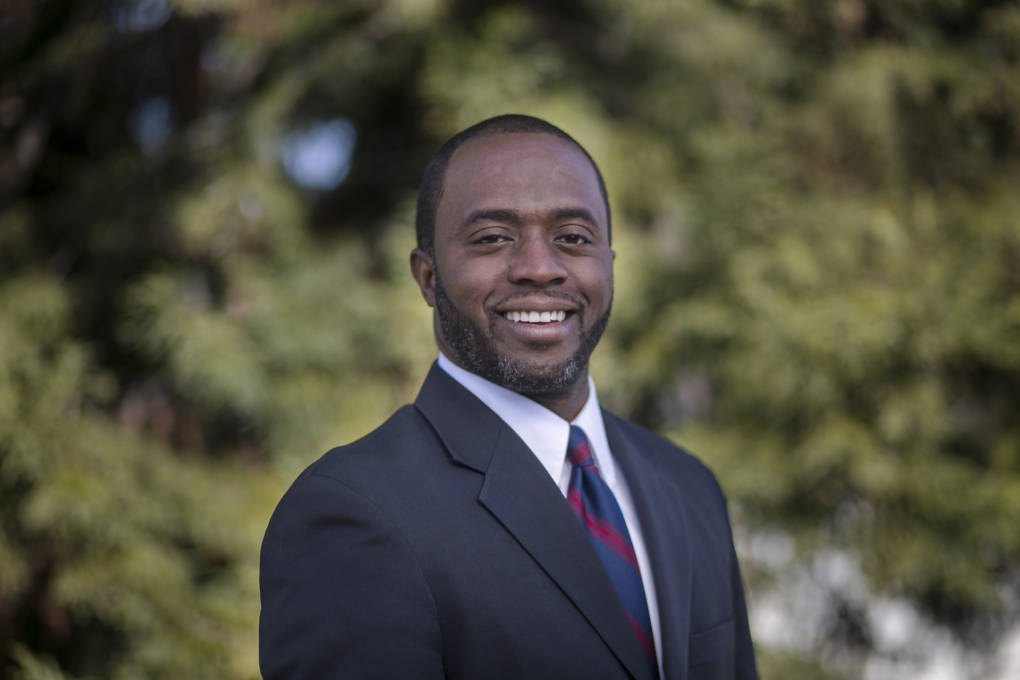State Superintendent of Public Instruction Tony Thurmond, in partnership with county offices of education throughout the state, hosted a virtual town hall on Sept. 24 where local educational agencies spoke about some of the unique challenges they face in ongoing efforts to close the achievement gap for California’s most vulnerable students.
Thirteen county offices of education acted as physical host locations where attendees could engage in an interactive live exchange with both Thurmond and Chief Deputy Superintendent Lupita Cortez Alcalá. The virtual component allowed nearly 400 people to participate at a host site or watch online. Thurmond said that providing a forum for districts that geographically may not be able to meet and hear from each other was critical.
“This is a priority conversation to have in this state,” said Thurmond at the beginning of the event. “Our conversation here is a simple one — what can we do to help our counties and school districts close the achievement gap. What can the CDE do to assist you?”
The virtual event began with updates from two of the California Department of Education’s Closing the Achievement Gap initiative co-chairs Manufou Liaiga-Anoa’i, a trustee from the Jefferson Elementary School District and founder and executive director of the Pacific Islander Community Partnership, and Elisha Smith-Arrillaga, executive director of Education Trust–West. They summarized themes that have been emerging in the early days of the initiative, including parent and family engagement; building teacher pipelines, especially for teachers of color, and particularly for male teachers of color; data and accountability; effective instruction and pedagogy; and whole-child education. According to a survey answered by participants prior to the town hall, these priorities aligned with their own.
Thurmond asked a series of questions that were answered by two representative district superintendents — Adela Jones of the Sanger Unified School District and Adam Clark of Vallejo Unified School District — then responded to by the groups gathered at the county office locations. Questions from Thurmond aimed to uncover what districts were experiencing regarding achievement gaps among students, what strategies they are using to narrow gaps and how the CDE can provide support.
District representatives spoke of the need for more credentialed and highly qualified teachers, with a focus on teachers of color; the need for districts to work with the CDE and each other collaboratively; support for broad base programs like Multi-Tiered Systems of Support and Universal Design for Learning; support in providing culturally relevant instruction; support for mental-health counselors at school sites; and the need for timely and actionable data; among other needs.
In addressing some of the topics raised, Thurmond said efforts were underway to expand the effort to increase the pipeline for teachers of color, and referenced the ongoing work on the model ethnic studies curriculum. He also said that the CDE is working to align all frameworks with Universal Design for Learning (a flexible framework that guides the design of instructional goals, assessments, methods and materials that can be customized and adjusted to meet individual needs).
In a statement following the virtual town hall, Thurmond said, “Districts in the cities may have different issues supporting students versus districts in the rural areas. All of the feedback we received is important, and we plan to share the messages we heard from all of the districts with other decision-makers at the state level.”





